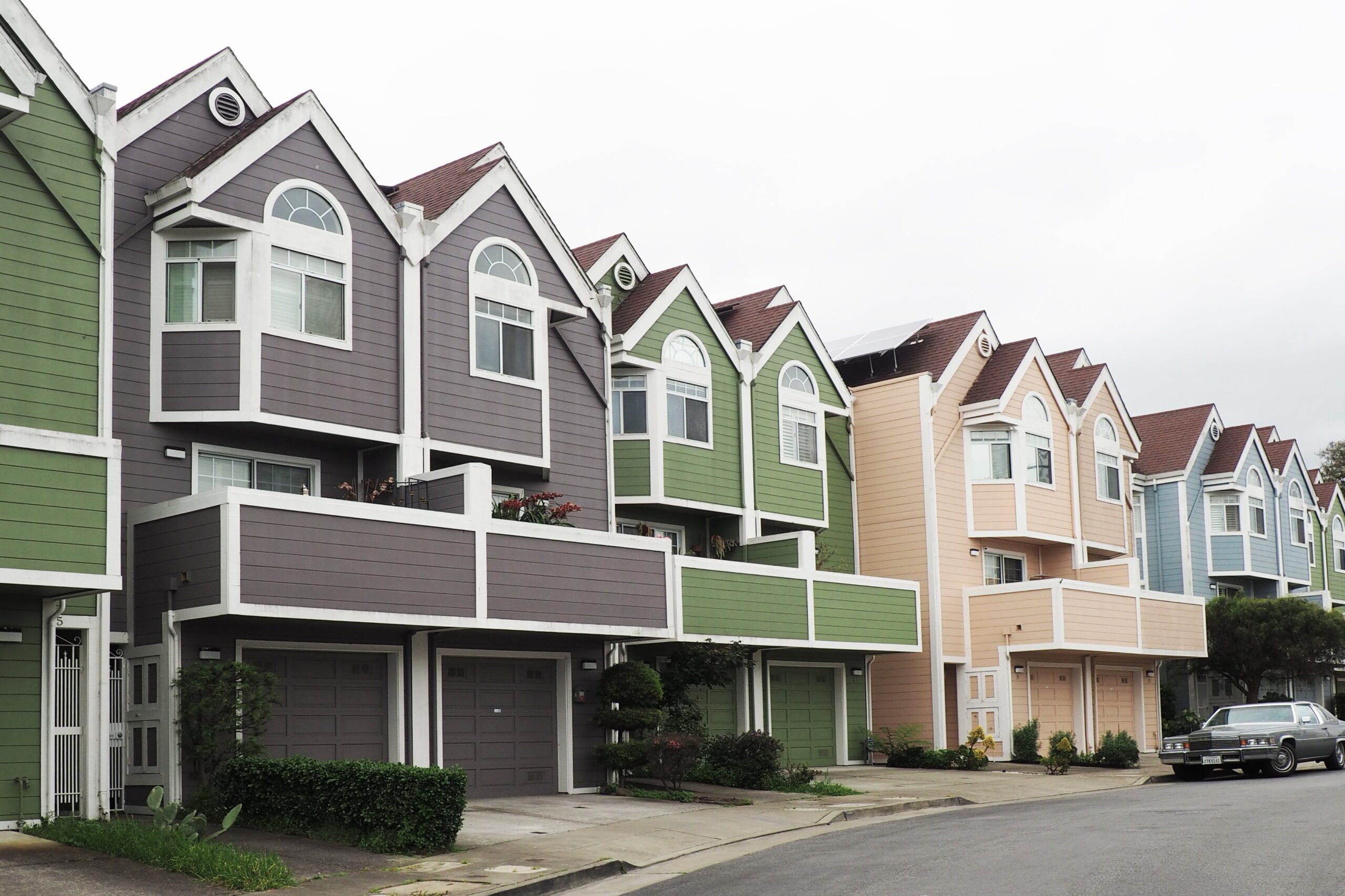The shortage of affordable housing in the United States is a significant issue with numerous…

Housing authorities play a crucial role in assisting low-income individuals and families, but there’s often confusion about their nature. Read on to learn more about housing authorities and their relationship with the local government.
Understanding Housing Authorities
Housing authorities were born out of the dire conditions of the early 20th century. The Great Depression, coupled with a severe lack of affordable housing, pushed government to take action. The National Housing Act of 1937 laid the foundation for establishing public housing agencies, commonly known as housing authorities. These agencies administer and manage public housing developments, ensuring that low-income families have access to safe and sanitary housing.
Today, a housing authority is a public entity established to address the housing needs of individuals and families within a specific geographic area. They operate locally and administer public housing programs, rental assistance, and affordable housing initiatives. Housing authorities play a crucial role in addressing the housing needs of vulnerable populations and can bridge the gap between the government and the community.
Functions of the Housing Authority
Housing authorities play a vital role in addressing the housing needs of low-income individuals and families. To achieve their mission, they administer various programs to provide affordable housing solutions and foster community development. Some of the critical functions of a public housing authority include:
1. Managing Public Housing Programs
Public housing refers to government-owned residential units rented to eligible low-income families and individuals at affordable rates. Housing authorities are responsible for the maintenance, allocation, and administration of the properties, ensuring they meet safety standards and remain in good condition.
2. Administering Section 8 Vouchers
Section 8 vouchers, or Housing Choice Vouchers, provide rental assistance to eligible low-income individuals and families in the private rental market. Housing authorities work with recipients to determine their eligibility, conduct inspections of rental properties, and collaborate with landlords to ensure fair and affordable housing options.
3. Fostering Community Development
Housing authorities actively participate in fostering community development through, for example, federal grants like the Community Development Block Grants (CDBG). These grants support initiatives that improve housing conditions, infrastructure, and overall neighborhood well-being. These efforts aim to uplift communities and enhance residents’ quality of life.

Are Housing Authorities Local Governments?
Housing authorities are unique because they are independent public agencies that are not part of a state or local government’s executive, legislative, or judicial branches. While housing authorities have distinct identities, they connect with local and state governments in various ways. Let’s explore the factors that highlight this connection.
1. Legal Structure
Housing authorities are established and governed by laws and regulations at the federal and state levels. Municipalities or county governments create them through enabling legislation at the local level. While housing authorities may have some autonomy, they operate within the framework set by local laws because their formation requires local government approval.
2. Funding and Oversight
Funding for housing authorities primarily comes from the federal government through the U.S. Department of Housing and Urban Development (HUD). HUD’s mission is to create strong, sustainable, inclusive communities and quality affordable homes for all. HUD is working to strengthen the housing market to bolster the economy and protect consumers; meet the need for quality affordable rental homes; utilize housing as a platform for improving quality of life; build inclusive and sustainable communities free from discrimination, and transform the way HUD does business. However, state and local governments may also fund affordable housing initiatives. For example, the Georgia Rental Assistance Program provides relief to individuals, families, and landlords whose finances have been negatively impacted. City councils or county commissions can also provide oversight and guidance to housing authorities, ensuring their activities align with community needs and priorities.
3. Partnerships and Collaboration
Housing authorities work closely with different stakeholders, including local government agencies, non-profit organizations, and community groups. Collaborative efforts with local government bodies are essential to understanding the community’s housing challenges and developing practical solutions. Therefore, housing authorities work closely with the local government to coordinate resources, leverage expertise, and maximize the impact of their programs.
4. Local Policies and Regulations
Housing authorities must adhere to local policies and regulations while implementing housing programs. These policies are often shaped by local government decisions, reflecting the unique needs and characteristics of the region. For example, all housing authorities in Georgia must adhere to the Fair Housing Act, which prohibits discrimination in housing.
5. Land and Property Leasing
Housing authorities may lease land from the local government at reduced rates or obtain surplus government properties for redevelopment into affordable housing units. This collaboration between housing authorities and local governments further strengthens efforts to combat housing challenges within the community.
The Impact of Housing Authorities on the Community
The impact of housing authorities’ programs on the community results in a multitude of positive benefits. They include:
Stable Housing
Housing authorities provide stable and safe housing for low-income individuals and families. They reduce homelessness and improve overall housing stability by offering affordable housing options.
Economic Growth
Access to affordable housing enables families to allocate more of their income to other essential needs, like education, healthcare, and groceries. This boosts the local economy and strengthens community resilience.
Revitalized Neighborhoods
Through community development initiatives, housing authorities contribute to revitalizing neighborhoods and improving the living conditions of residents. They enhance the community’s overall appeal, attracting further investment and fostering a sense of pride among residents.
Breaking the Cycle of Poverty
Affordable housing also serves as a stepping stone for individuals and families to improve their economic situation. Stable housing provides a foundation for pursuing education, job opportunities, and personal growth.
Social Inclusion
Housing authorities provide affordable housing that includes social inclusion and diversity within the community. They create spaces where people from various backgrounds can live side-by-side, promoting understanding and cultural exchange.
Hinesville Housing Authority
For those seeking affordable housing solutions in the Hinesville area and Liberty County, the Hinesville Housing Authority stands as a beacon of support. Through our dedication and commitment to the community, we have become a driving force in creating decent, safe, sanitary, and sustainable living environments. Our team is committed to providing affordable housing to residents and helping the community thrive.
Contact us today to discover the possibilities and take the first step toward securing affordable housing for you and your loved ones.





